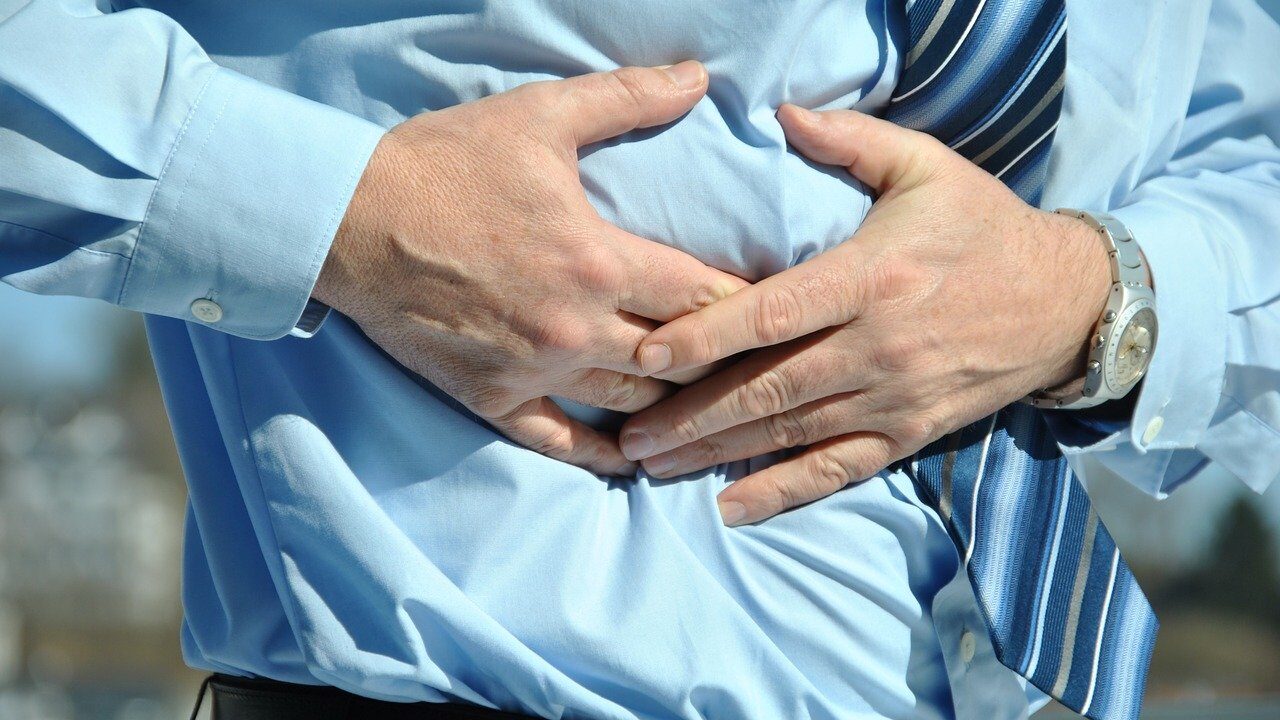Gastritis, causes, symptoms and treatment of gastritis
Gastritis is an inflammatory process in the mucous membrane of the inner walls of the stomach (the often encountered diagnosis “gastroduodenitis” means that the process has also spread to the sphincter-pylum and duodenum). For several reasons, gastritis with its characteristic symptoms, – not lethal, but significantly reducing quality of life, and not safe in prognostic terms, – is one of the most common diseases not only in gastroenterology, but also in general medical practice.
According to modern data, the incidence rate exceeds 80% of the general population and reaches 90% in older age categories, and even these data – and they meet the criteria of a pandemic – can not be considered complete: not every patient with clinically significant gastritis seeks medical care and is recorded by medical statistics.
Causes of gastritis
In recent decades, the alimentary (food) factor, which used to be considered the leading cause of gastritis, has lost its significance in the ideas about the etiopathogenesis of this disease. Abuse of spicy and fatty foods, fast food, alcoholic beverages, as well as long pauses between meals and, especially, smoking on an empty stomach, are now considered to be risk factors that actually create a favorable environment for the development of gastric inflammation.
The actual causes of gastritis include:
- The pathogenic activity of the microorganism Helicobacter Pylory (this bacterium, which has been shown to be able to survive and reproduce in the acidic environment of gastric juice – which was long thought impossible – is present in 80-90% of gastroduodenitis patients, becoming the direct “culprit” of inflammation. It is still unclear, however, why Helicobacter Pylory does not cause the disease in all infected);
- stressogenic factors;
- Duodenal reflux syndrome (bile overflow from the duodenum into the stomach, which should not occur normally);
- heredity;
- Endocrine and autoimmune disorders;
- Prolonged intake of certain medications (in particular, NSAIDs and hormonal anti-inflammatory drugs);
- helminthiasis.
Symptoms and diagnosis
There are several classifications of gastritis, based on etiological, localization and other criteria. In particular, there are bacterial, chemical, autoimmune and mixed gastritis; with increased and decreased acidity, superficial and atrophic, erosive, etc.; by type of course – acute and chronic. Each of the possible variants corresponds to a certain specificity of the clinical picture. Thus, atrophic chronic gastritis at low acidity is considered to be the most dangerous in terms of malignization (malignization) and in most cases develops in combination with other chronic diseases of GIT (cholecystitis, colitis, etc.).
The most typical symptoms of gastritis are abdominal pain and discomfort (heaviness, feeling of a full stomach, distension, etc.) related to food intake – with increased acidity, eating usually brings relief, with decreased acidity, on the contrary, causes ill health. Dyspeptic phenomena are very common: belching, diarrhea, nausea and vomiting, heartburn. Hyposecretion of acid is often accompanied by a rotten burp, an unpleasant taste and smell in the mouth, flatulence.
As for gastritis diagnosis, none of the existing laboratory and instrumental methods, including high-tech CT, MRI and ultrasound (which, however, are also prescribed in some clinical situations for gastritis), can replace FGDS, or fibrogastroduodenoscopy. Due to the unique combination of imaging and mini-surgical possibilities, minimally invasiveness, very high informative value for a short ambulatory procedure (only a few minutes), – this endoscopic method has firmly taken the place of the gold standard in gastroenterological diagnostics. During FGDS the pH of the medium is also measured, material is taken for histological and bacteriological analyses.
Treatment
The main directions of gastritis therapy are antacid or substitute acidity normalizers; antibiotics, effective against the Helicobacter Pylori strain detected in a particular patient; a strictly obligatory diet; enzyme-containing drugs; antispasmodics. In the majority of cases, cardinal correction of life style, stress and relaxation regimen is required.
In conclusion it should be repeated and emphasized: gastritis is not a harmless condition, in which you can live indefinitely (“if only not to go to the doctor”). The possible variants of its dynamics and outcome include such serious complications, as peptic ulcer disease, pancreatitis, anemia, peritonitis (especially in cases of phlegmonic gastritis), stomach cancer. Therefore, in any combination of the above symptoms, consultation with a gastroenterologist is absolutely necessary.




